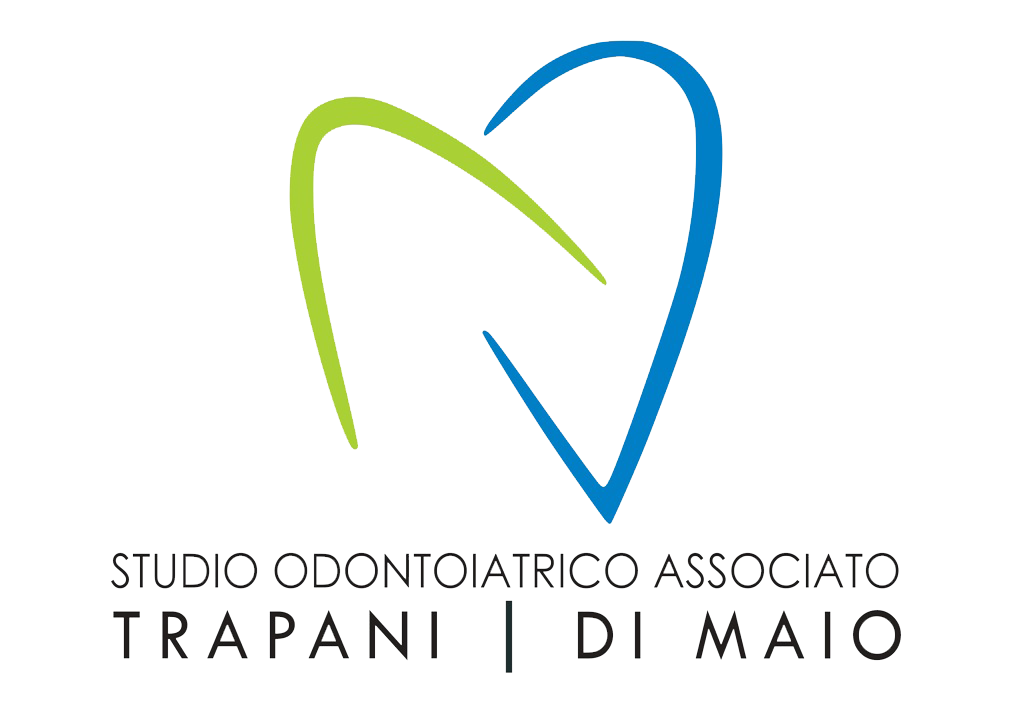Dott. Giuseppe Di Maio
During pregnancy, a woman’s body undergoes profound hormonal changes that can also affect oral health, which is why it is important to consult a dentist.
Swollen gums, bleeding and tooth decay are frequent ailments which, if neglected, can worsen over time. However, for fear of harming the unborn child, many expectant mothers avoid going to the dentist.
But is it really necessary to postpone dental treatment during pregnancy? The answer is no, with the right precautions.
Why does pregnancy affect oral health?
The hormonal changes typical of pregnancy cause an increase in the permeability of the gum capillaries, making the gums more sensitive and subject to inflammation (gingivitis).
Pain, discomfort and bleeding lead many women to brush their teeth less frequently, thus favoring plaque and tartar accumulations and increasing the risk of tooth decay and periodontitis.
An old saying holds that “with every pregnancy you lose a tooth”. Although exaggerated, it hides a grain of truth if oral health is not carefully monitored during the nine months.
Is it safe to go to the dentist while pregnant?
Yes, dental care can and must be carried out even during pregnancy, but with some specific precautions, particularly depending on the trimester.
Better before, during or after pregnancy?
The ideal is to carry out dental checks and treatments before conception, so as to face pregnancy without dental problems.
In any case, it is advisable:
Schedule an oral hygiene session for each quarter
Don’t ignore any pain or inflammation: an untreated infection can be more dangerous than treatments
In the presence of acute pain or infections, postponing treatment can pose risks for the mother and the fetus, as the bacteria present in the mouth can spread into the blood and reach the genitourinary system, with potential complications.
Dental care during pregnancy: precautions to follow
Here are the main recommendations to follow to undergo dental treatments safely during pregnancy:
When to carry out treatment
Second trimester: this is the safest period for dental treatment
First trimester: avoid non-urgent interventions, because it is the most delicate time for the development of the fetus
Third trimester: pay attention to prolonged postures in the chair, but it is still possible to intervene
Radiographs
Avoid them in the first trimester
In case of emergencies, apex detectors can be used, which do not emit radiation
Drugs and anesthesia
Safe antibiotics: penicillins, cephalosporins, macrolides (in case of allergies)
To avoid: tetracyclines, dangerous for the dental enamel of the unborn child
Recommended analgesic: paracetamol
Aspirin: contraindicated in the third trimester due to the risk of postpartum hemorrhage
Local anesthesia: it is safe, since the amount absorbed is minimal and is rapidly eliminated by the liver and kidneys
In some complex cases, it is possible to opt for temporary interventions, to be completed after childbirth.

